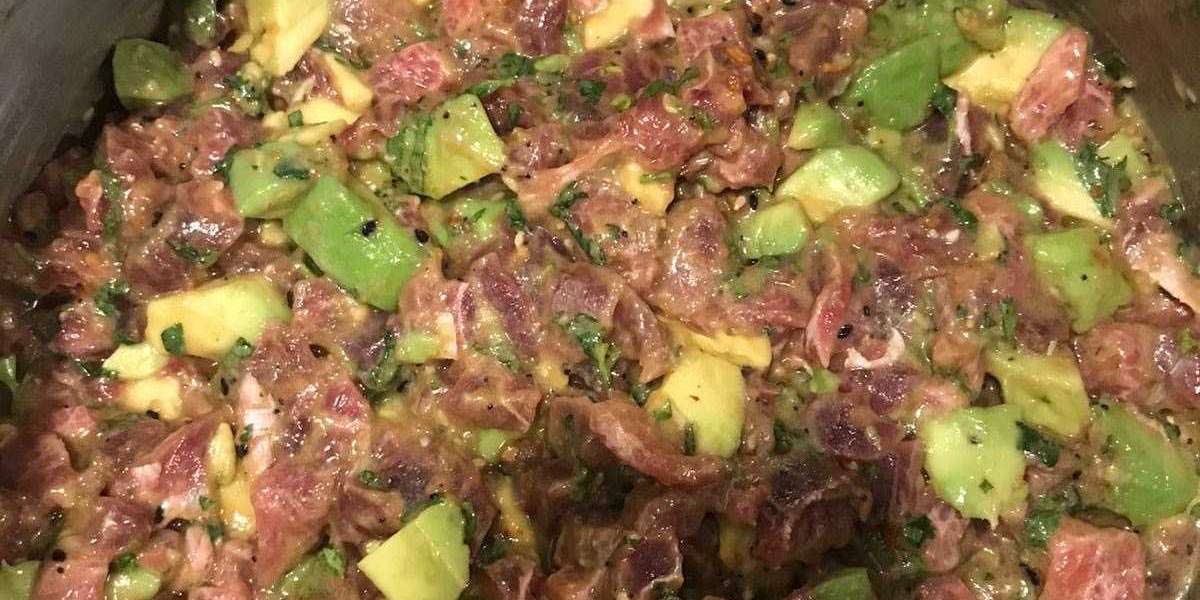For years here at Healthy Pets, I've mentioned and quoted veterinarian Dr. Ernie Ward, founder of the Association for Pet Obesity Prevention (APOP), in articles I've written about the epidemic of overweight and obese pets in the U.S.
Dr. Ward founded APOP in 2005 "with the mission of developing and promoting parallel weight loss programs designed to help pet owners safely and effectively lose weight alongside their pets."1 APOP published its first annual U.S. Pet Nutrition Weight Management Survey in 2007, a report that has provided insightful, important information for pet parents and veterinarians about the dangers associated with excess weight in pets.
With that said, Dr. Ward's newest venture as Chief Strategy Officer of Wild Earth,2 "the first high-protein, high-fiber, plant-based dog food,"3 does not have my support. With $16 million in funding from Mars Petcare and other food and biotech investors,4 chances are you'll soon be seeing or hearing a lot about it, if you haven't already.
Forcing Carnivores To Be Vegans Is Not 'Sustainable'
From the Wild Earth website home page:
"Clean ingredients to nourish your pet and planet. Wild Earth delivers the world's most responsible high protein dog food to your doorstep. Made plant-based with ingredients that nourish your pet, our planet, and the desire to do the right thing."5
While I applaud all pet food industry efforts to recognize the need for corporate transparency, ingredient traceability, and environmental stewardship, we must recognize, as scientists and doctors, that it is our ethical responsibility to also nourish animals in a way that best resonates with their physiology.
I believe it is not our place, as stewards of the earth and its inhabitants, to impose our personal dietary choices on other species, especially animals that would never innately choose to consume ultra-processed vegan pellets as their sole food source. Toward that end, we should not attempt to force carnivores to become vegans in the name of sustainability.
As a vegetarian of 37 years, I certainly understand the "why's" of this moral dilemma, but it's equally important to me, a doctor passionate about species-appropriate nutrition, that people not assume veganism is healthy for all species.
Some animals have been eating solely plant matter for millennia, including rabbits, sheep, cows and horses. Dogs and cats have not; their physiology and metabolism has not evolved to thrive on solely plants, much less ultra-processed feed-grade, genetically modified high starch pellets.
Understanding what constitutes biologically appropriate nutrition for the species you're caring for is a key first step in nourishing any pet in a way that respects their physiology. By feeding animals according to their physiology we reduce metabolic stress. Step two involves choosing ethically sourced, sustainable and non-toxic ingredients that fit within the framework of species-appropriate food.
Dogs evolved to eat very high moisture diets containing large amounts of clean, unheated fat and animal protein, moderate roughage (fiber) and low/no starch. You can use this carb equation to calculate the digestible net carbs in your dog's current diet.
Protein from plants isn't the same as protein from animal meat, and the dilated cardiomyopathy (DCM) crisis in carnivorous pets has proven this. While it's a fact that dogs are not wolves, they haven't evolved into vegans in the last 200 years, either. I'll discuss more on this when I cover the long list of synthetic nutrients that must be added to vegan diets to meet minimum canine nutrient requirements.




